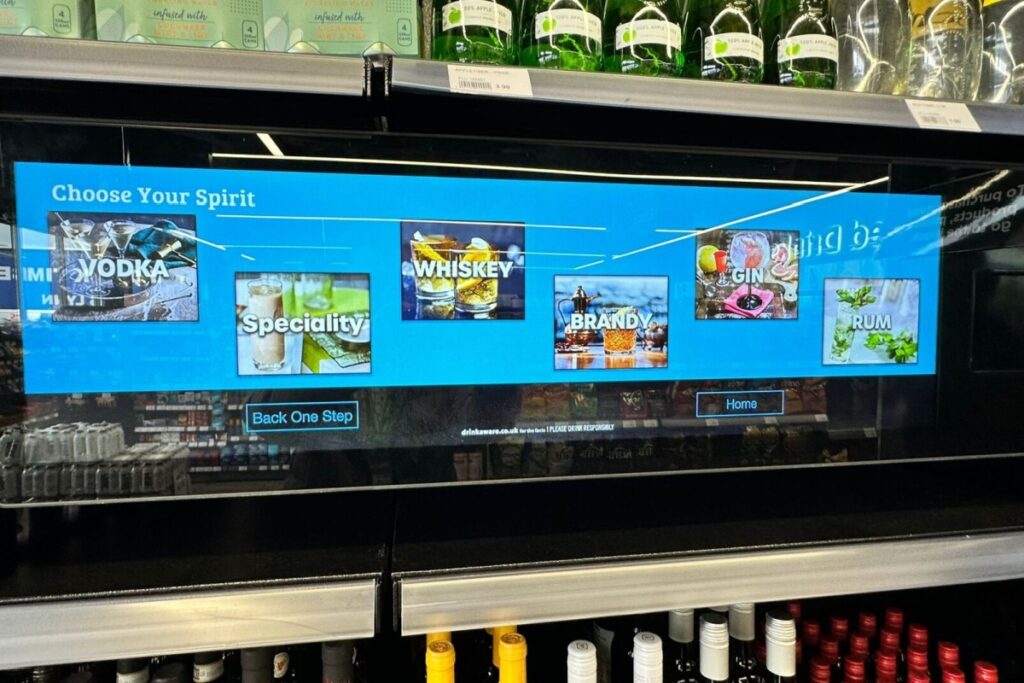Sugar, salt and artificial additives are the biggest health factors impacting the food products Britons buy, according to the Global Health and Wellness Survey from information and insights company Nielsen, which polled more than 30,000 Internet respondents in 60 countries.
When asked to rate how important various health attributes are in affecting the foods and products they buy, 31% of UK respondents cited ‘low or sugar free‘ as very important followed by ‘low salt/sodium‘ (29%), ‘no artificial flavours/colours‘ and ‘natural flavours‘ (both 28%).
“Britons regard sugar, salt, artificial additives, cholesterol and fat as the biggest health-related evils impacting which products they buy,” says Nielsen‘s UK head of business and retailer insight Mike Watkins. “Conversely, natural flavours, being made from fruit or veg, whole grain, fibre and protein are the most important ingredients to encourage purchasing.”
He adds: “Britons, however, are much less likely than Europeans – and people globally, as a whole – to let health attributes of food products affect what they buy. For instance, food being free from genetically-modified organisms is a very important factor to 47% of Europeans in their buying decision – more than twice the number of Britons (22%).”
Among the 27 food health attributes covered in the survey, Britons are most willing to pay a premium price for products that are ‘all natural‘, ‘gluten-free‘ or organic. Britons are much less likely to pay a premium for healthy attributes in foods than Europeans as a whole.
The future
Given the importance attached to “good-for-you” products, these are the most strongly positioned for growth in the future. Over the next six months, Britons are most likely to buy (from a choice of 25 food categories covered in the survey) more fruit and vegetables (25%), nuts/seeds, seafood (both 16%) and yogurt (12%).
Salty snacks are most likely to see a decline in purchasing (cited by 32% of respondents) followed by chocolate, biscuits and cakes/crackers/pies (all 28%), sugar sweets (25%), ice cream and ready to eat/frozen meals (both 23%).
A report by Dunhumby on the food trends of 2015 found that over 90% of consumers engaging in the trend care about the impact the foods they eat have on their body.
Natural sweeteners in this instance means items containing real and not artificial sugar or natural sugar options such as monk fruit, stevia, coconut sugar, agave. Dunhumby did look at claims like ‘lower sugar‘ or not made with high fructose corn syrup‘ but found those claims were predicted to decline in popularity.
The majority of consumers engaging in the natural sweeteners trend said that health was a motivator for selecting natural sweeteners Over 90% of consumers engaging in the trend care about the impact the foods they eat have on their body. Consumers also felt that natural sugars allowed them to be proactive about their health and were more natural.
In terms of trend awareness or intention, most consumers engaging in this trend believe it to be part of their specific lifestyle, meaning that they are explicitly seeking out natural sweeteners and align themselves with the idea that they are the type of people that buy natural sweeteners.
But even though they are highly engaged in buying products made with natural sweeteners; don‘t expect to hear them discussing it at length at the next basketball game. They use the products as much as possible, but don‘t spend a lot of time talking to other people about their pursuit of natural sweeteners or researching new products made with natural sweeteners.
The majority of people that are following this trend learned about natural sweeteners in the grocery store (37%). They are also purposeful and conscientious in their engagement with the trend. Consumers show a strong commitment to buying products made with n
RELATED STORIES
















